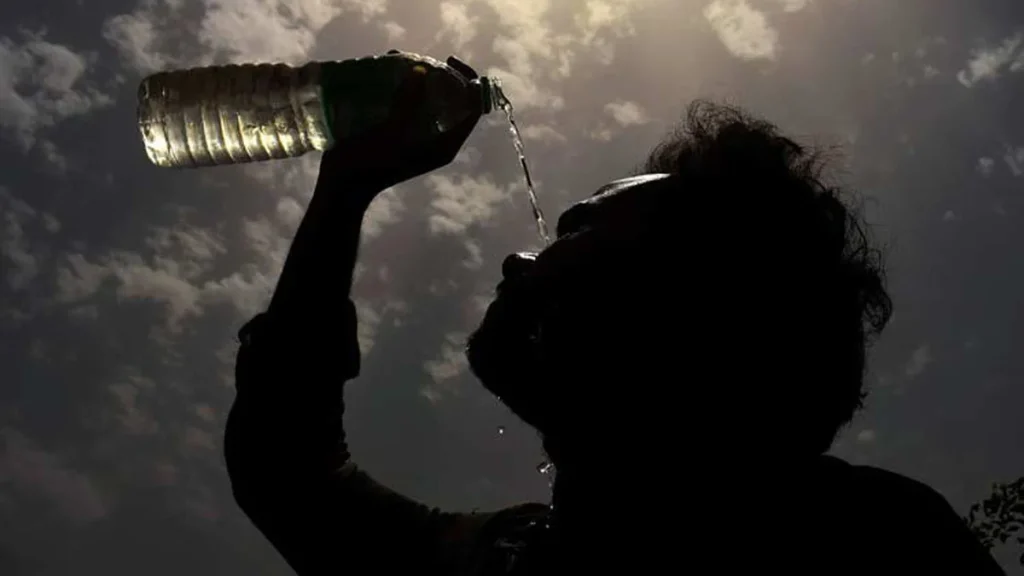Morocco is grappling with a severe heatwave this summer, with temperatures soaring well above average across multiple regions.
Cities like Marrakech, Fez, and Casablanca are seeing daily highs exceed 45°C (113°F), posing significant challenges for residents, especially the elderly and those with health conditions.
Rising Demand for Air Conditioning
In response, demand for air conditioning units has spiked sharply. Appliance retailers nationwide report a notable surge in sales, with some stores facing stock shortages as consumers rush to cope with the relentless heat.
Many Moroccans now view air conditioning as the most reliable way to find relief, despite growing concerns over increased electricity usage and rising energy costs.
Impact and Outlook
The heavy dependence on air conditioning places immense pressure on households and the national power grid, especially in rural regions where electricity access remains limited. This reliance has led to power outages in some areas, compounding the heat’s effects.
Rising energy costs are hitting low-income families hardest, forcing tough choices between comfort and financial stability.
Meteorologists warn that the heat wave may linger into late July, prompting calls for government intervention.
Proposed measures include energy subsidies and expanded cooling centers, though implementation remains uncertain.
Experts emphasize the need for long-term climate adaptation, such as improved infrastructure and renewable energy, to address future heat waves.























